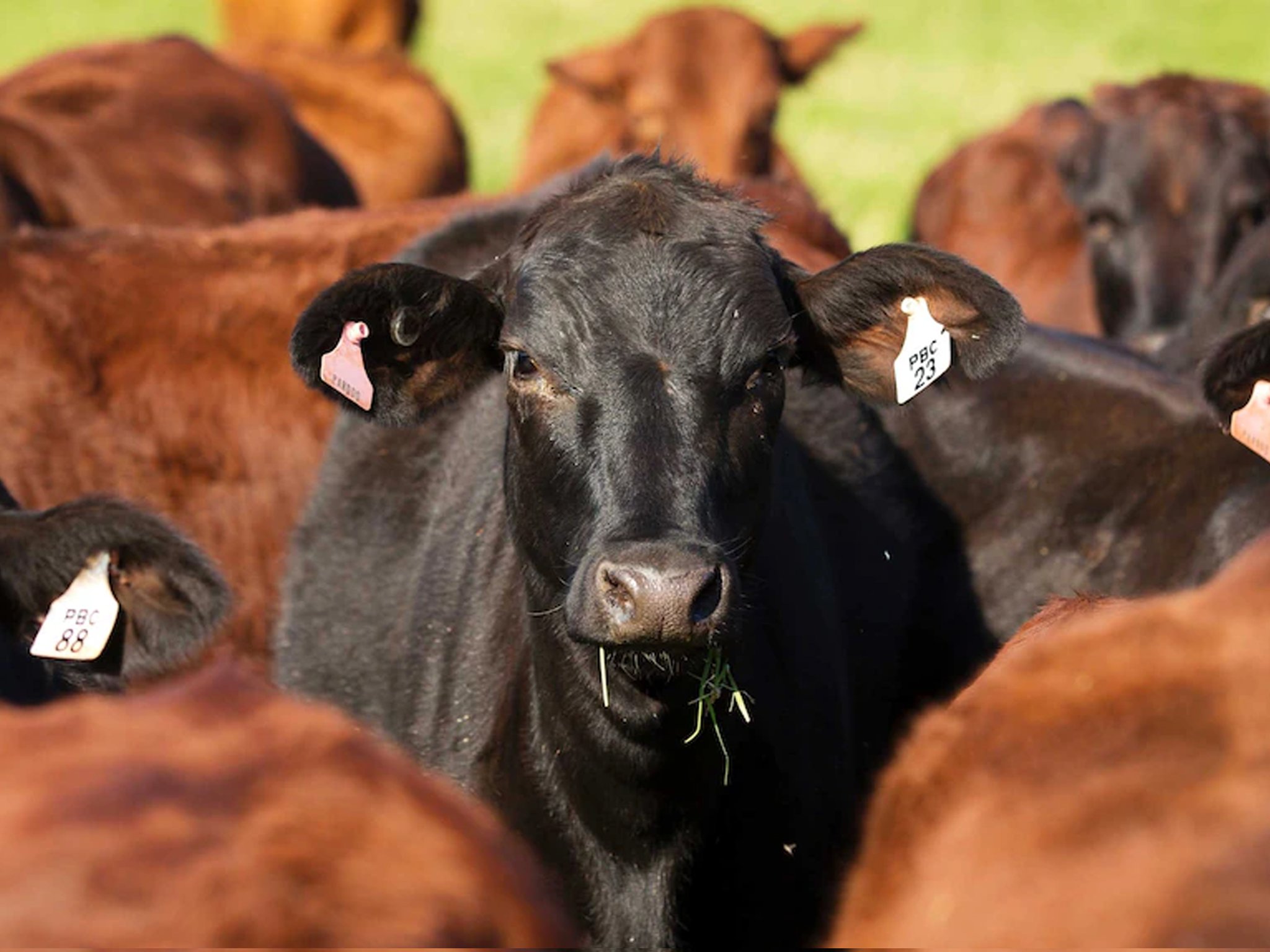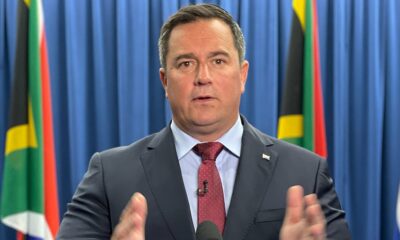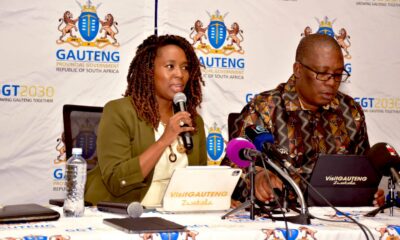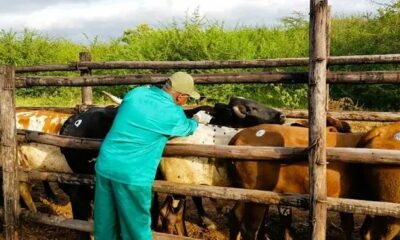News
Restrictions Lifted: Eastern Cape and Limpopo Free from Foot-and-Mouth Disease

After years of setbacks, hope returns to livestock farmers in South Africa
South Africa’s farming community is breathing a collective sigh of relief after the Department of Agriculture, Land Reform and Rural Development officially lifted foot-and-mouth disease (FMD) restrictions in key regions of the Eastern Cape and Limpopo.
Announced by Agriculture Minister John Steenhuisen, the move marks a significant victory in the country’s ongoing fight against livestock epidemics. According to the department, intensified veterinary interventions and mass vaccinations helped contain the virus in the affected Disease Management Areas (DMAs), with no new cases reported since September 2024.
Where the Battle Was Fought and Won
In the Eastern Cape, areas like Kouga and Kou-Kamma municipalities had been under restrictions since July 2024. Over 144,000 cattle were vaccinated, with follow-up serological surveillance confirming the absence of undetected cases.
Meanwhile, Limpopo’s Vhembe district had been battling FMD since 2022. There, 34 dip tanks saw over 23,000 vaccinations administered to bring the outbreak under control.
“The department is satisfied there is no longer any evidence of the FMD virus in the affected areas,” Steenhuisen said. “All restrictions on the Disease Management Areas can, therefore, be lifted.”
What This Means for the Livestock Industry
The lifting of the DMAs paves the way for economic recovery, especially in rural and traditionally under-resourced communities.
Deidre Carter, spokesperson for Agri Limpopo, said this milestone “will allow the livestock sector in Limpopo to finally rebuild,” adding that “the past seven years have tested the resilience of our farming community.”
Calls for Vigilance and Equity
While the restrictions may be lifted, stakeholders agree this is no time for complacency.
Dr Lennox Mtshagi, president of the Black Farmers Association of South Africa, stressed the importance of inclusive education and fair access to animal health services. “Without stronger infrastructure and consistent education for all farmers, especially smallholders, we risk going backwards.”
The Transvaal Agricultural Union (TLU) echoed these sentiments. Chairperson Bennie van Zyl emphasized that “maintaining this disease-free status must be a national priority,” calling on all role players in the value chain to collaborate on livestock identification and traceability systems, key tools in disease containment.
The Bigger Picture: A Wake-Up Call for Rural Biosecurity
This outbreak and its aftermath have laid bare the urgent need for sustainable veterinary services and biosecurity investment, particularly in underserved rural areas.
South Africa’s agricultural sector has faced multiple FMD outbreaks over the past decade, often triggered or worsened by gaps in animal movement control, poor fencing, and under-resourced dip tanks. These challenges are compounded by the growing effects of climate change, which alters grazing patterns and increases disease spread risks.
While this latest development is a cause for celebration, it also signals the need for long-term policy change.
A Victory, But Not the End of the War
With the national and provincial authorities declaring victory for now, the real test begins: Can South Africa stay FMD-free?
For that, farmers, government, and the private sector must work together, not just to respond to outbreaks, but to prevent them. That means continuous vaccination, proper animal tracking, farmer education, and above all, political will.
As Agri Limpopo’s Carter put it: “Let’s not waste the momentum. This is our chance to build a stronger, safer livestock industry for all.”
{Source: The Citizen}
Follow Joburg ETC on Facebook, Twitter , TikTok and Instagram
For more News in Johannesburg, visit joburgetc.com



























